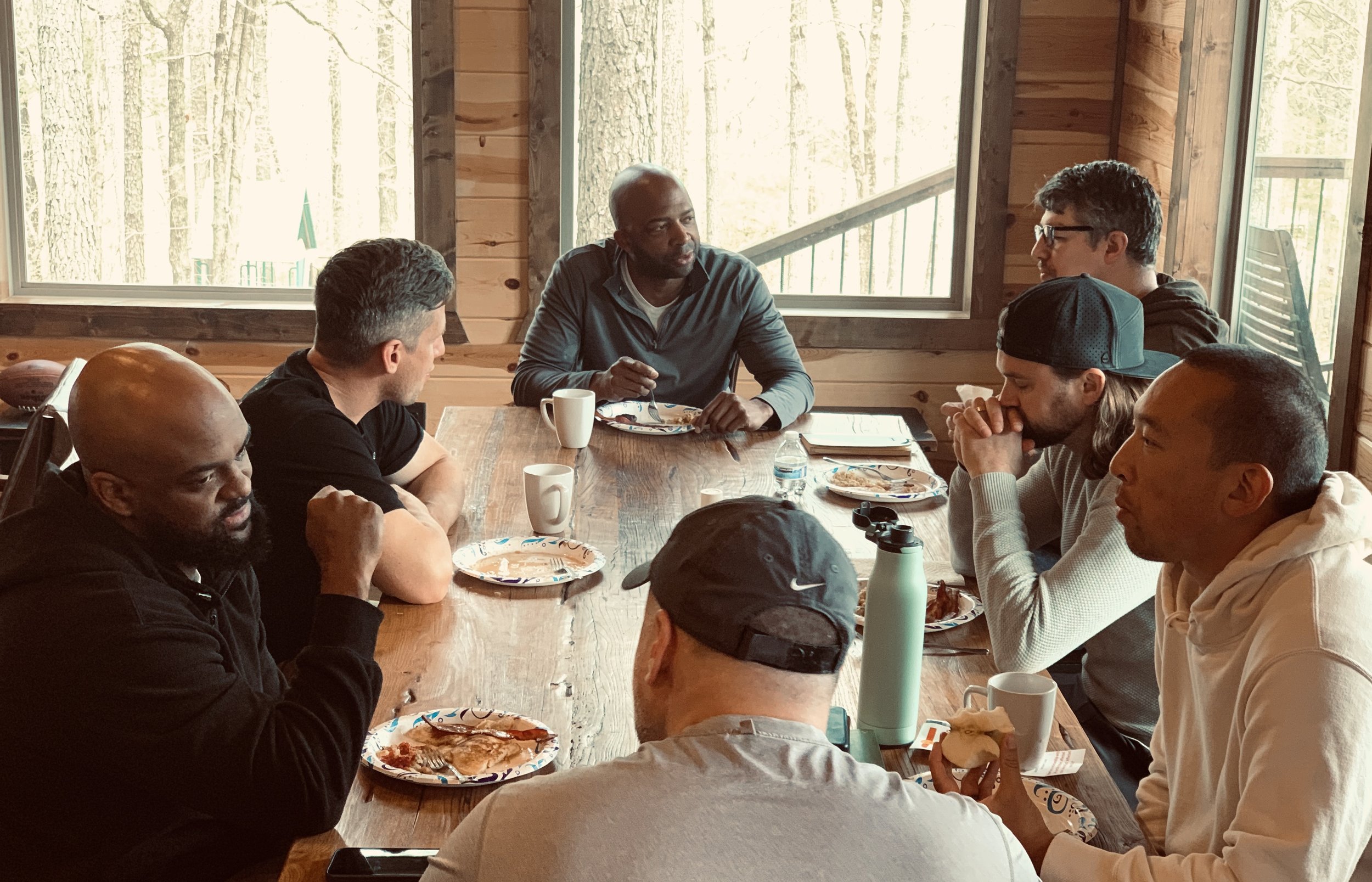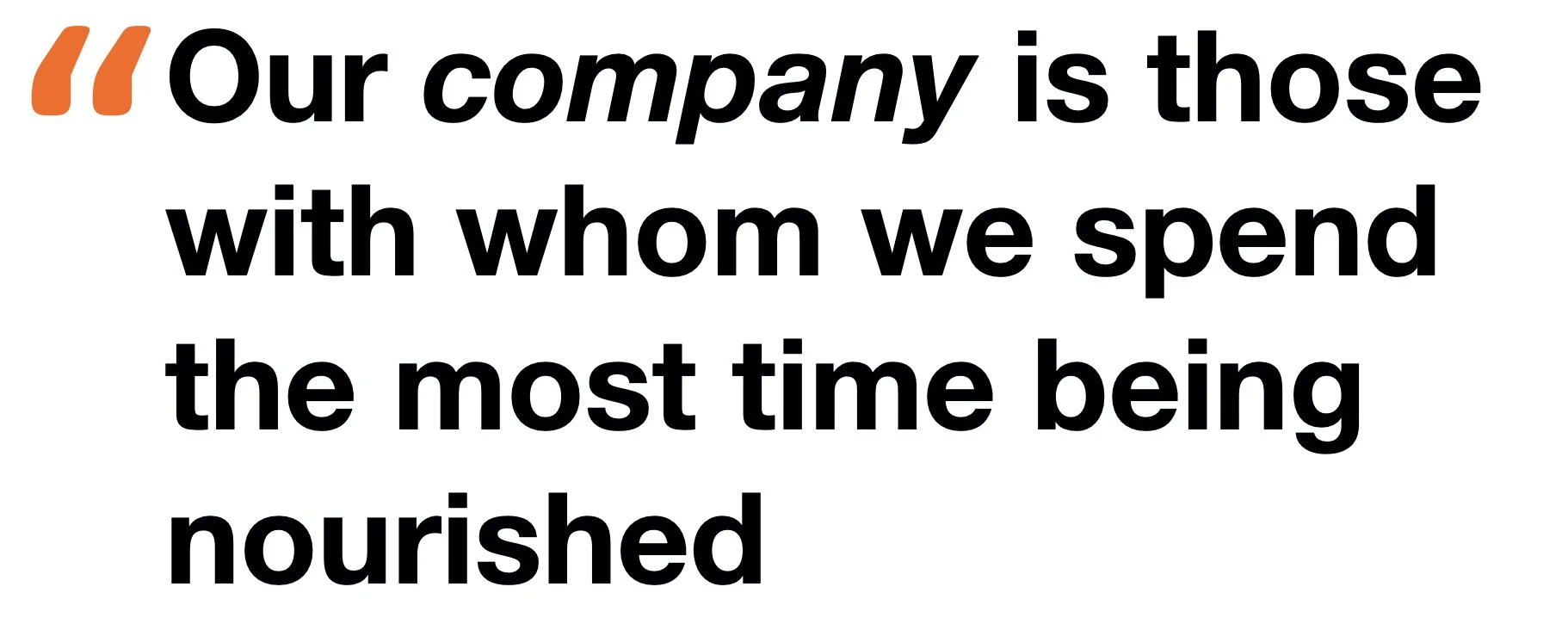Word of Wisdom: Company
“Tell me thy company, and I'll tell thee what thou art.” Miguel de Cervantes
Business journalists have been working at a frenetic pace to keep up with the dizzying rise and equally disorienting fall in cryptocurrency prices over the past two years. But most of the focus over recent months has been the implosion of a company that had arguably become the face of the crypto market.
On November 1st, 2022, FTX—a crypto-trading platform—was seemingly on the verge of becoming a household name after a whirlwind post-pandemic ascent that included skyrocketing share prices, swooning media coverage, arena naming rights, glitzy commercials and glamorous industry confabs featuring Tom Brady, Tony Blair, and other celebrities. Sam Bankman-Fried, the company’s thirty-year-old founder, was estimated to be worth over $15 billion.
Yet within weeks, “FTX Arena” in Miami was no more, because FTX the company was in bankruptcy and the founder—once dubbed “the next Warren Buffett”—was facing criminal charges.
Writers, investigators, and certainly shareholders and creditors are still digging through the ashes to determine what exactly just happened.
The short answer of course is “fraud”, but that only raises the question of how so many “smart, sophisticated” people were defrauded. Many might say the short answer to that is: they seemed to be in good company.
When Silicon Valley venture capital is flowing in and global leaders and influencers are fêting a startup’s leader, it’s easy to assume that all is well and, certainly, that all is legit. But now that the curtain has been pulled back after $8 billion went missing, the true essence of the company has been revealed: not a professional corporation with appropriate financial management, but a group of under-30s partying in the Bahamas with a sloppy spreadsheet.
As with fraudulent institutions, so with fallible individuals.
We instinctively sense that the company around us means something—to self and to society—and, thus, much human time and energy is spent seeking to be “in” and not “out” of the “right” social circles. Like the FTX saga, we can make it appear as though the company we’re keeping is the desirable kind, the kind that projects the message that we, too, are desirable—until the true nature of our close companions is dragged into the light.
Bad company, the maxim goes, corrupts good character—yet we’re drawn ever to the associations that will “get us ahead”, or, in the most dire seasons, any company at all that will provide a last buffer against the vacuum of loneliness.
But what is the nature of being in the “company” of others? And over the course of a lifetime in which we interact with diverse people and groups continually, how do we identify who our truest “companions” really are?
The answer may lie in the word itself.
The English term company comes to us from the Old French compagnie, which meant “friendship” or “intimacy”; originally, it was a military term, meaning a body of soldiers. This development we can understand from the Latin root, companio, which was a “messmate”, or, more literally, a “bread fellow”, from com- (“with, together”) and panis (“bread”). A companion, thus, is one with whom we “break bread”.
All of this stemming from an even more ancient linguistic root meaning “to feed”. It seems that, quite literally, we are what we eat, with respect to foodstuffs…and relationships.
This makes it a bit easier to ascertain how business organizations came to be called “companies” in English. Metaphorically, we are associated with coworkers by a simple, if seemingly cynical, shared goal: to bring home the “dough”. But as a practical matter, we also break much bread with our corporate colleagues—and, indeed, it can begin to emerge that for some of us our officemates are becoming our dearest companions.
This too comes as little surprise, as much of life’s most pivotal moments occur around a meal at the table. International treaties, contract negotiations, deal closings, business development—not to mention birthdays, weddings, graduations, funerals—all incorporate this most basic human activity of “feeding” (we might say “feasting”), of breaking bread with others. It is at the heart of being in the “company” of others, of experiencing the friendship and intimacy from which that most essential element of human interaction is formed: trust.
All of us experience this “companionship” in diverse ways with diverse people as we fulfill our responsibilities—we sit at many tables in our life and leadership. But the crucial question begins to become clear: with whom am I breaking bread most? Who in my life is my “companion” more frequently than anyone else?
It is perhaps cliché to make this assessment a simple binary of office or home, work or family. The perils of that imbalance are well-documented; the infidelities inherent to making corporate colleagues one’s truest “company” at the expense of spouses, sons, and daughters have touched many of our lives across generations.
It might be that a more subtle inquiry is in order: what companions, at what table, are we begrudging? What company are we belittling by brushing off the breaking of bread?
This is where the pain for many of us persists. And finding freedom from its fangs is central to the move from servanthood to sonship.
Because whereas a servant is ground down by the duties of dining, a son experiences the joy and generosity of invitation, no matter the table. A servant feels trapped by the wretched responsibilities and reaped resentments that “scraps” seem to symbolize, but a son realizes that there is always a table with bread awaiting, no matter how far the country he finds himself in.
A servant strives for acceptance; a son sees and intuitively senses that acceptance already is…and is irrevocable.
We see this in the first Son, who no matter the company at the table, never lost sight of his truest companion, the One who not only broke bread with him, but provided it in the first place. It was a companionship that made counterfeits unthinkable, and one out of which flowed feeding and feasting that nourished everyone in the environment.
It is into that company that we are being invited today.
“…so that I may come to you in joy by the will of God and find refreshing rest in your company.” Romans 15:32



